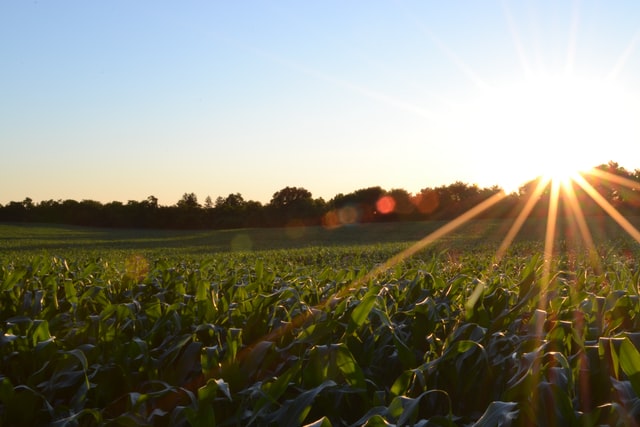“Those who plant in tears will harvest with shouts of joy. They weep as they go to plant their seed, but they sing as they return with the harvest” (Psalm 126:5-6 NLT).
Farming in ancient Israel was tough. You cleared your field, then plowed it. You scattered your seed hoping that the rains would come soon. Ancient farmers in the land of Israel depended solely upon the rains from heaven to water their fields.
If the seed lay on the ground more than a week without rain, it would die, and you had to take from the seed you’d carefully set aside for the family’s food to sow it again. Once you sowed and the rains came, you waited. You waited for the harvest.
The life of the ancient Israelite farmer, living in a land on the edge of the Mediterranean and on the edge of the desert, meant rainfall could be problematic. Some years it came, and some years it didn’t. As the farmer wandered through the plowed land of his field, he hoped the rains would come. He prayed the rains would come.
Within the Bible, rain is always a sign of God’s blessing. He provides the rain in its season, particularly when the people obey. This rain allows for crops to grow and people and flocks to have what they need to survive another year.
You have to wonder if these ancient farmers, described by the psalmist as planting “in tears” and crying out to God for rain, prayed the weak prayers we often pray. Or did their recognition of their absolute dependence upon God lead them to cry out to Him in desperation?
Anyone who has been around farming will tell you that even when the seeds receive water to grow, growth is not immediate. It takes time. You have to wait—patiently.
Do we see our existence as dependent upon God the way the ancient farmers in Israel did? Do we cry out to Him for our daily needs in desperation? When He answers, do we have the patience to wait for the harvest? Do we allow ourselves to rejoice when we truly gather the harvest of our cries to God?
We live in a culture that values speed over patience. Everything depends on getting quick and immediate results. In such a fast-paced world, we often lose our ability to wait patiently for the harvest brought about by God.
Our modern advances in technology can often delude us into a sense of self-reliance. We do not see ourselves dependent upon God for our daily provision. But we are. The ancient Israelite farmers can teach us a lot about our faith—if we will pay attention.
PRAYER
Father, our lives are in Your hands. May we never lose sight of our dependence upon You, and our need to wait patiently for the harvest to come. Amen.




Post a comment